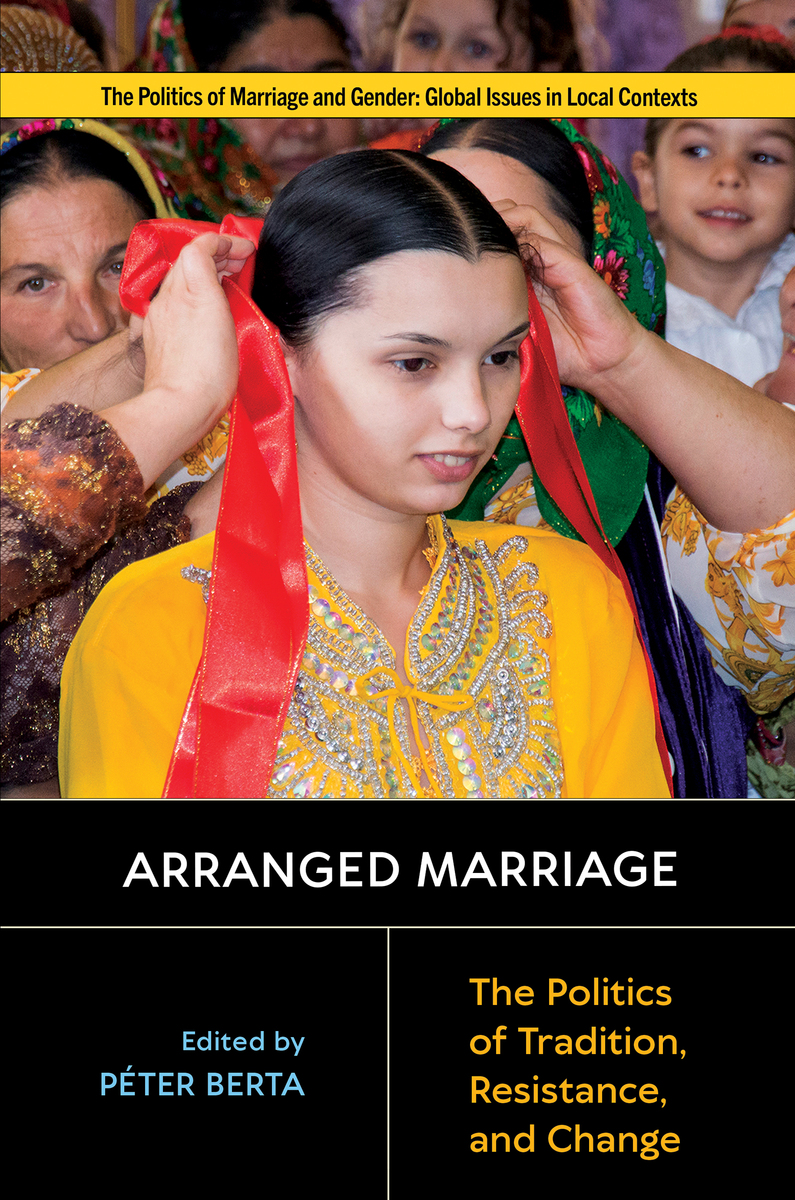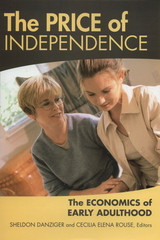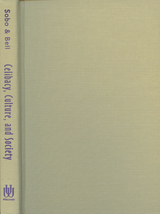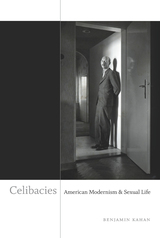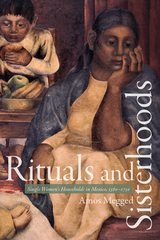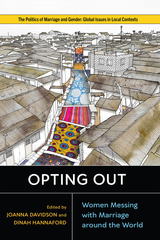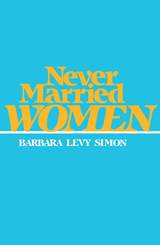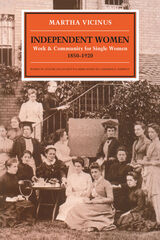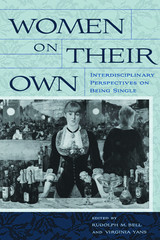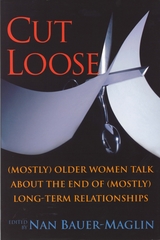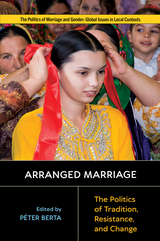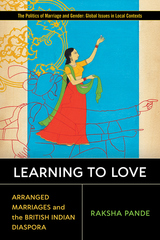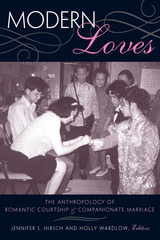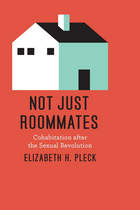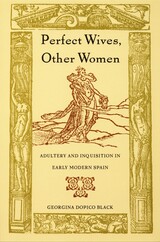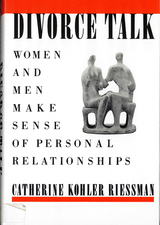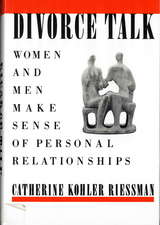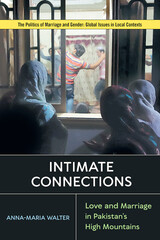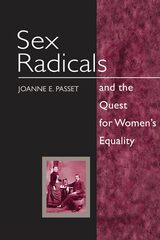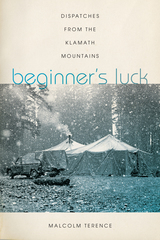“This comprehensive approach to arranged marriage looks both at the dark side of arranged marriages, where women are treated as objects and vulnerable to severe exploitation, and a more nuanced look from a global perspective on how arranged marriage can suit the needs of different populations around the world. There is a high level of scholarship among the invited authors for this book of curated articles and it is hard to imagine anyone who is interested in arranged marriage not needing this book.”
— Pepper Schwartz, (University of Washington), co-author of The Gender of Sexuality: Exploring Sexual Possibilities
“This volume interrogates arranged marriage in all its complexities and ambiguities across the globe. It illuminates how migration, legal institutions, technology, and transnational cultural flows interweave with shifting marital practices in Europe, North America, the Middle East, South Asia, and Australia.”
— Keera Allendorf, (Indiana University), co-editor of Special Issue on Developmental Idealism (Sociology of Development
“The collection highlights the blurred lines between arranged and forced marriages, on the one hand, and arranged and ‘love’ marriages, on the other hand. It underlines the dynamics of these marriages, both historically, over time, and processually, in time, through evocative and sensitively documented case studies, each essay stressing the evolving relations between individual agency, gender, generation, and power in changing economic, technological, and demographic circumstances. Many of the case studies are surprising and thought-provoking, and the remarkable achievement in bringing them all together in a single volume is to underline both the similarities and differences in familial relations across the world.”
— Pnina Werbner, (Keele University), author of Pilgrims of Love: The Anthropology of a Global Sufi Cult
“Highlighting processual and contextual understandings of arranged marriage, and a de-essentializing approach, this timely collection shows the continued vibrancy, versatility, and variability of current arranged marriage practices – and their crucial importance for studies of marriage and relationality.”
— Janet Carsten, (University of Edinburgh), author of After Kinship
“Euro-American discourse on marriage in diasporic communities often becomes hopelessly entangled in the supposed binary relationship between arranged and love marriage. This book does an excellent job of exploring the fluidity of marital arrangements and the agency individuals exercise within the patriarchal constraints without losing sight of the coercion and violence that might underlie some of these arrangements.”
— Sonalde Desai, (University of Maryland), author of Human Development in India: Challenges for a Society in Transiti
“Arranged Marriage is a compelling collection that forces readers to rethink their assumptions about love, marriage, and choice. Although “modern” is a word rarely associated with such unions, Arranged Marriage persuasively demonstrates that these marriages are not an outdated relic of the past. By providing a thoughtful and nuanced picture of this age-old practice, Arranged Marriage leaves it up to the reader to decide whether the good outweighs the bad.”
— Marcia Zug, (University of South Carolina), author of Buying a Bride: An Engaging History of Mail-Order Matches
“This book offers fresh perspectives on contemporary practices of arranged marriage, and as such should be regarded as a pioneering work. In particular, it makes an important new contribution by exploring where, how, and with what consequences arranged marriage practices intersect with rights-based discourses about forced marriage and child marriage – that is, with state concerns to prevent human trafficking and to protect women and children from sexual exploitation. As this book shows, arranged marriage is thriving, in fluid and flexible contemporary forms, embedded in processes of transnational migration, modernization, and the sustaining of ethnic, national, and religious differences."
— Alison Shaw, (University of Oxford), author of Kinship and Continuity: Pakistani Families in Britain
"Arranged marriage is unhooked from its stereotypes and stigmas in this volume. What we get instead are new and unexpected insights into an enduring, flexible, portable, and hybrid mode of heterosexual conjugality. An excellent scholarly and pedagogical tool!"
— Jyoti Puri, (Simmons University), author of Sexual States: Governance and the Struggle over the Antisodomy Law i
“Berta’s edited volume is a deep dive into the nuances of the varied processes of arranged marriages – from love-choice to trafficking. Each chapter reads like a novel, taking us through rich collections of stories grounded in ethnography and legal records in communities as diverse as Canadian Mormons, Israelis, Chinese, South Asians, Roma, and Syrian refugees. I look forward to the debates with my students.”
— Erin Patrice Moore, (University of Southern California), author of Gender, Power and Resistance in India
“This valuable collection shows both the diversity of arranged marriages, and the manner in which the practice has changed globally to adapt to current social, economic, political, and media settings. The authors refute the simplistic binary between “arranged” and “love” marriages in contemporary societies. The volume also sheds light on forced marriages and how a marriage which might seem consensual may not be so. Must reading for scholars of Marriage Studies anywhere.”
— Janet Afary, (University of California), author of Sexual Politics in Modern Iran
“This thoughtful collection of essays reveals deep variation in the lived experiences of arranged marriage in today’s border crossing world. A valuable contribution to scholarship on the politics of marriage and the diverse meanings of choice, consent, love, and intimacy.”
— Sara L. Friedman, (Indiana University), author of Wives, Husbands, and Lovers: Marriage and Sexuality in Hong Kong, Ta
“As a set of practices that are constantly mutating and notoriously difficult to pin-down statistically, arranged marriages have aroused much interest, debate, and judgment in scholarly, feminist, and activist circles. The present volume of thoroughly researched and sharply analyzed essays offers a global view of this complex institution that helps the reader to develop a dynamic understanding of arranged marriage practices, departing from received notions. A must-read for anyone interested in the contemporary reality of a deep historical practice.”
— Rochona Majumdar, (The University of Chicago), author of Marriage and Modernity: Family Values in Colonial Bengal
